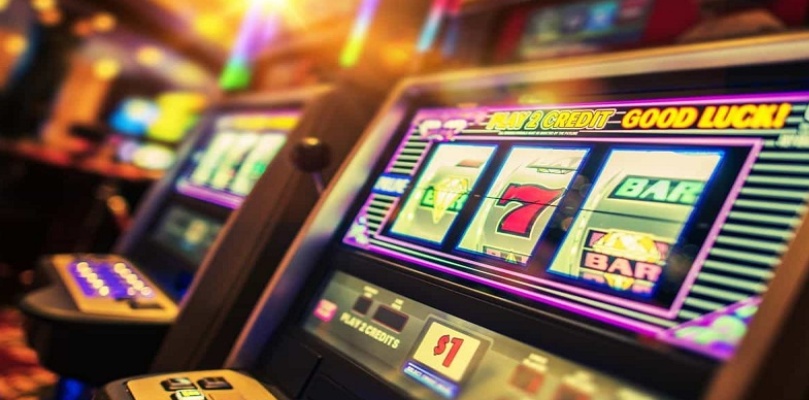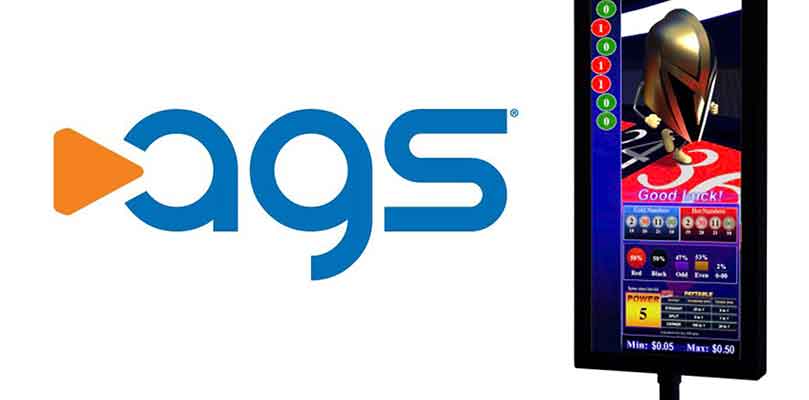Pennsylvania’s gaming industry is approaching a significant transformation with the advancement of Senate Bill 840, a proposal that could reduce the mandatory minimum number of slot machines at Category 1 and 2 casinos from 1,500 to 1,000. This shift is designed to give brick-and-mortar casinos the operational flexibility needed to stay competitive in an industry that is rapidly adapting to the rise of digital gambling and cryptocurrency-powered platforms.
While this bill primarily impacts physical casinos, it reflects broader market trends that are also shaping the future of crypto slots casinos, which continue to attract players with instant payouts, decentralized systems, and a wider variety of gaming options.
Why Traditional Casinos Are Being Forced to Adapt
The current 1,500-slot minimum dates back nearly two decades to when Pennsylvania first legalized casino gambling. At that time, nearby states like Ohio and New York did not offer casino gaming, giving Pennsylvania a clear advantage in the regional market.
However, the landscape has drastically changed. The expansion of casino operations in surrounding states, combined with the exponential growth of online gambling and crypto gaming platforms, has eroded that early advantage. Players now have more choices than ever, from digital-first casinos to blockchain-based platforms offering crypto slots with provably fair outcomes.
The rising popularity of online slots, Bitcoin casinos, and skill-based games across Pennsylvania has further impacted their ability to maintain outdated capacity requirements. Many argue that the change is not just practical but essential. It is a modernization effort that allows casinos to better align their physical operations with evolving consumer preferences without sacrificing jobs or local tax contributions.
How It Balances Flexibility and Oversight
The proposed legislation provides relief to traditional casinos but does so with clear safeguards in place. It authorizes the Pennsylvania Gaming Control Board (PGCB) to oversee and approve any reduction in slot machine numbers. The bill sets firm boundaries by stating that:
- No Category 1 or 2 casino can operate fewer than 1,000 slot machines.
- No Category 3 casino can fall below 250 slot machines.
- Any reduction beyond 2 percent of a casino’s total machine count requires special approval from the PGCB.
These measures are designed to ensure that the flexibility granted to casinos does not negatively affect the player experience or the revenue that supports public services.
Unified Experiences on the Horizon?
While this bill directly affects physical casinos, it highlights a larger shift in the gaming industry. The need for regulatory flexibility acknowledges the pressures created by the growing popularity of crypto slots platforms, which are not limited by physical space or rigid machine counts.
For Pennsylvania-based players who have already embraced the convenience of crypto casinos, this change serves as confirmation that the traditional gambling industry is being forced to evolve to keep pace with digital and blockchain-driven gaming experiences. The future of gambling in the state will likely be a hybrid of physical casinos adapting to modern expectations.

